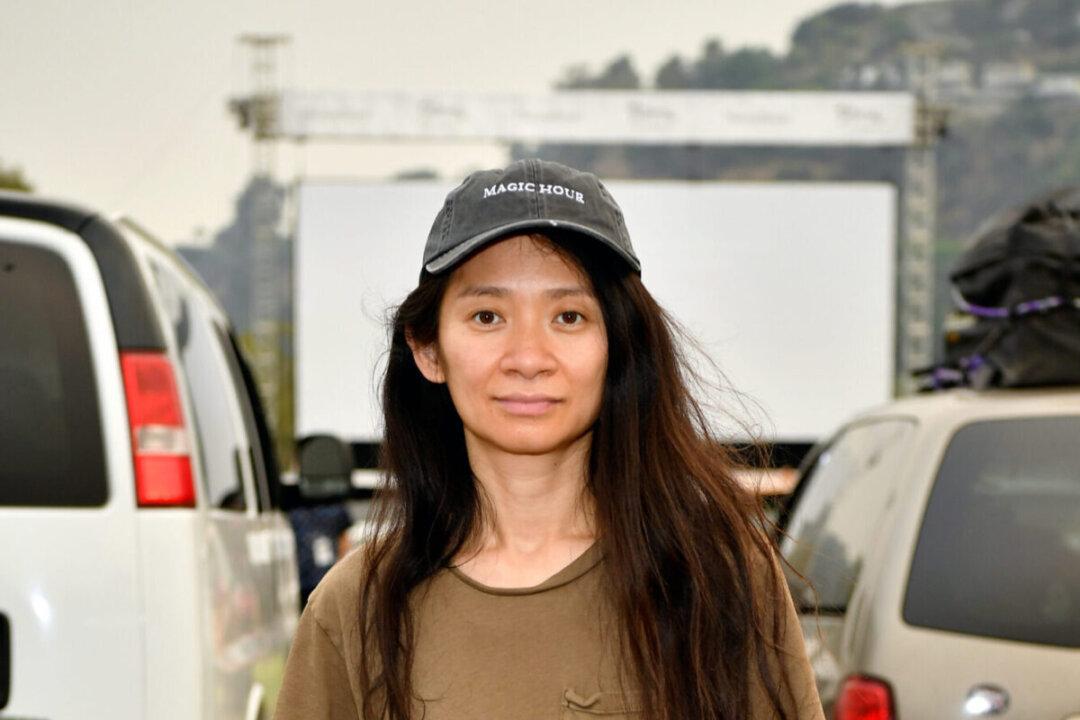U.S. road film “Nomadland” topped the prizes at the 26th Critics’ Choice Awards on March 7, paving its way for the 2021 Oscars. However, hashtags of the film vanished on Chinese social media platforms.
Days after its Beijing-born director, Chloe Zhao (also known as Zhao Ting), won the Best Director at the Golden Globe Awards on March 1, her past comments were exposed online by netizens, miring the history-making moment into controversy in China.




